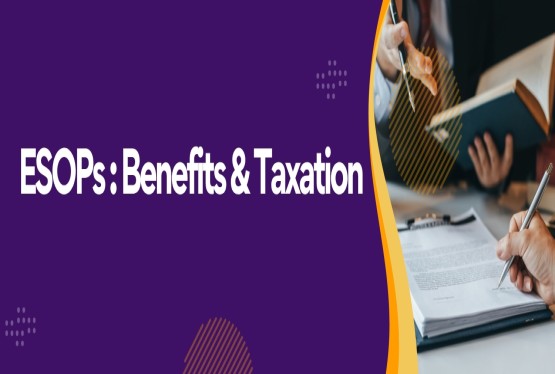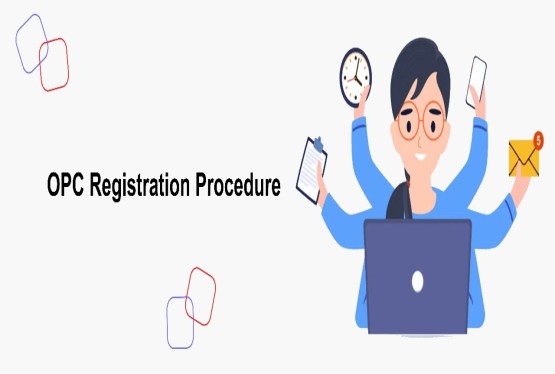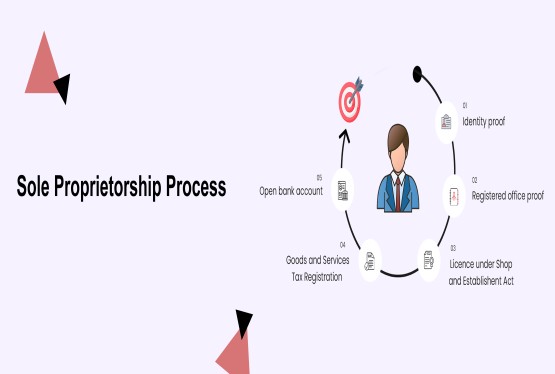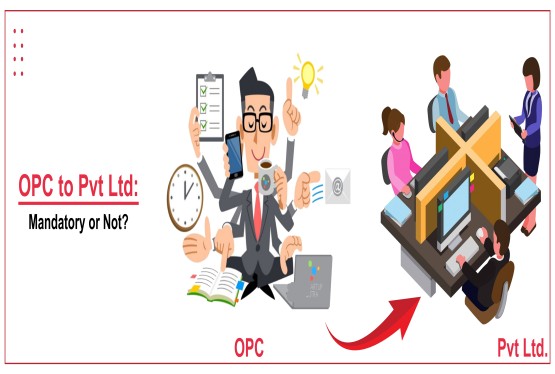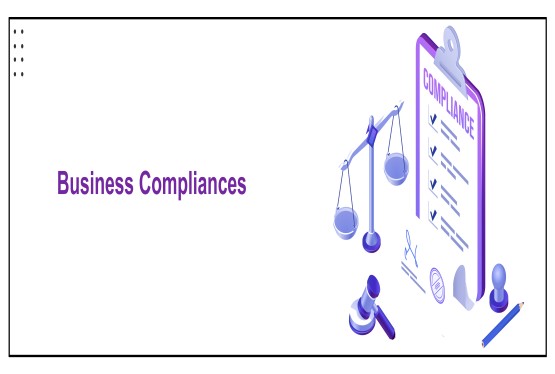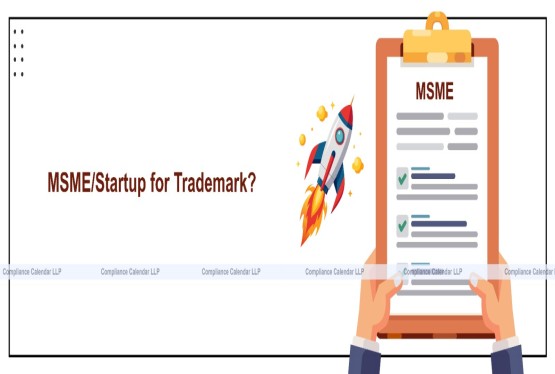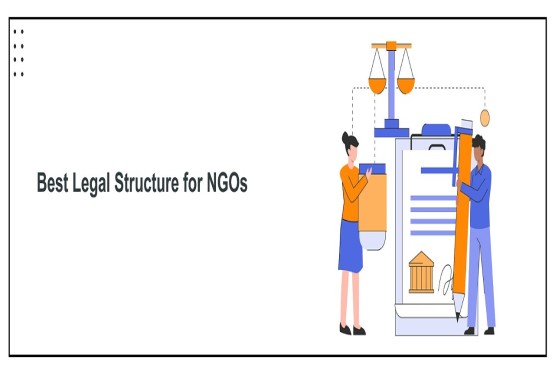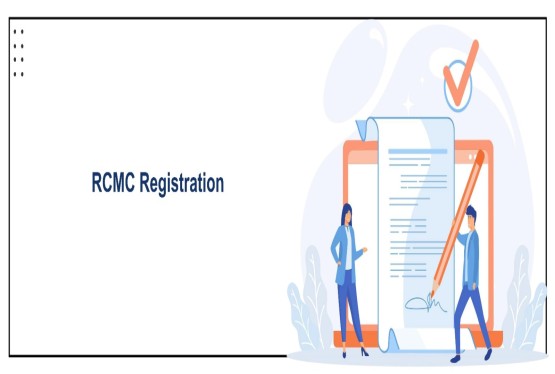The Import-Export Code (IEC) plays an important role in facilitating international trade for Indian businesses. Specifically, when it comes to the IEC for Oil Export Business, obtaining this code becomes a non-negotiable requirement. The 10-digit code acts as a gateway for exporters to ship their products legally to foreign countries and ensures a seamless transaction process under the regulatory framework governed by the Directorate General of Foreign Trade (DGFT).
The importance of IEC for Oil Export Business is not limited to legality but extends to operational ease and faster custom clearances. It helps mitigate the legal complications that might arise during the inspection of the shipment by customs or other regulatory bodies. The IEC acts as the official authorization document that validates the business as a registered exporter under India’s Foreign Trade Policy.
Overview of Oil Export in India
India has been a significant contributor to the global oil trade, with its export volumes spanning a wide range of oil-based products. According to the Directorate General of Commercial Intelligence and Statistics (DGCIS), India ranks among the leading exporters of crude oils, essential oils, celery seed oils, and cumin oils to destinations like the United States, United Kingdom, and Gulf nations. Over the past two decades, India has maintained a stable export of essential oils with an average value of USD 682.59 million.
In the fiscal year 2018-19, India exported approximately 8.96 million tonnes (MT) of petroleum products within the first 10 months, as compared to 10.6 MT exported in the year 2017. During the same period, petroleum product exports to Gulf countries grew from 6.72 MT to 8.18 MT, and exports to European countries increased significantly from 3.03 MT to 5.68 MT. These statistics highlight the consistent demand and growth potential of oil exports from India.
Why oil export business adheres so much potential?
The oil export business holds immense economic potential due to India’s capability in oil refining and value addition in essential oils. India has vast agricultural output and natural resources that allow it to produce high-quality essential oils and processed petroleum products. With rising demand from developed countries and an established logistics infrastructure, India is positioned strongly in the global oil export market.
Moreover, the Indian government's focus on strengthening foreign trade through bilateral trade agreements and export promotion schemes further enhances the prospects of the oil export sector. This makes it an attractive field for entrepreneurs and businesses.
Why you need an IEC for Oil Export Business?
Every business involved in export or cross-border transactions must possess an IEC code. This requirement becomes more essential for oil exporters due to the sensitive nature of the products being transported. The IEC code acts as a legal authorization for the business to operate internationally and ensures that the shipment of goods aligns with Indian laws and international trading standards.
In the oil export business, where shipments are often subject to scrutiny and regulatory inspections, having an IEC code helps avoid unnecessary delays and legal hurdles. It serves as an official identity number for the exporter and is used in various shipping documents and payment processes.
Benefits That IEC Code Offers to the Oil Exporter
-
One of the major benefits of IEC for oil export business is the reduction of fraudulent activities. Since the IEC is issued only after proper documentation and verification, it creates a trusted identity for the exporter.
-
The IEC code also facilitates faster shipment processing. Customs clearance becomes easier and quicker when the IEC number is cited correctly on export documents. This helps save valuable time and enhances overall business efficiency.
-
Another significant benefit is that it streamlines the payment process. With an IEC, exporters can easily receive foreign currency remittances in their bank accounts without regulatory complications.
-
Finally, the IEC code legally authenticates the exporter’s activities from beginning to end. It must be cited on all essential shipping documents such as the commercial invoice, packing list, bill of lading, and certificate of origin, ensuring complete transparency and legal compliance.
What Documents are required apart from the IEC for Oil Export?
While the IEC for Oil Export Business is a mandatory requirement, there are several other documents that an exporter needs to keep ready before shipping goods overseas. These documents are essential for customs clearance and international trade compliance.
-
Shipping Bill / Bill of Export: This document is issued by the customs department and is required for every shipment being exported.
-
Customs Declaration Form: It provides details about the goods, including type, quantity, and value, and is required by customs authorities.
-
Dispatch Note: This serves as a communication note accompanying the shipment, mentioning the dispatch details.
-
Commercial Invoice: It outlines the transaction between the exporter and the overseas buyer, including price and product details.
-
Consular Invoice: A document certified by the consulate of the importing country, often needed for customs clearance abroad.
-
Customs Invoice: It is another version of the commercial invoice tailored to the customs requirements of the importing country.
-
Legalized / Visaed Invoice: Some countries require this invoice to be certified by their consulate or embassy in the exporter’s country.
How to Get an IEC Code to Start an Oil Export Business?
To obtain an IEC for Oil Export Business, the DGFT has made the application process completely online for the convenience of exporters. The steps to apply for IEC code are outlined below:
Step 1: Visit the DGFT Portal
Go to the official DGFT portal by entering the URL: https://dgft.gov.in/CP/. This website is the central hub for all services offered by DGFT, including IEC registration.
Step 2: Select “Apply for IEC” Option
On the homepage, locate the button labeled "Apply for IEC" on the right-hand side. Clicking this option will lead you to the account registration or login page.
Step 3: Complete the Login Formalities or Create a New Account
If you're new to the portal, fill in your personal and business details to create a new user account. If you're already registered, simply log in using your credentials.
Step 4: Complete Verification Process Post Filling the Registration Form
Once the account creation form is filled, you will be prompted to click "Send OTP" to validate your email and mobile number. After verification, return to the homepage and log in using your credentials.
Step 5: Post Login, Start Filling Up the Form
After logging in, you will gain access to the IEC application form. Carefully read through all sections of the form and start filling in your business details, address, and other required information.
Step 6: Incorporate the Bank Information
While filling the form, there is a section where you need to enter your bank account details. Ensure the details are correct and upload a scanned copy of a canceled cheque as proof. After entering the information, click "Save and Next."
Step 7: Opt for the Acceptance of Undertaking/Declaration
In the final section of the application form, you must accept the undertaking or declaration by checking the provided box. This is mandatory to move forward with the submission.
Step 8: Select the Mode of Application Submission
You can choose to submit the application using either Aadhaar OTP verification or through a Digital Signature Certificate (DSC). The DSC option is more commonly used by businesses.
Step 9: Complete the Payment Requirement
The final step involves paying the application fee of Rs. 500/-. After the successful payment, the application will be submitted, and you can download the IEC certificate by navigating to the "Managing IEC" section on the DGFT website.
Conclusion
Importance of IEC for Oil Export Business cannot be overstated. It is a fundamental requirement for anyone looking to start or operate an oil export venture from India. The IEC code not only helps in meeting legal obligations but also eases the overall export process by facilitating faster clearances, better tracking, and seamless payment mechanisms. With the launch of the online DGFT portal, obtaining the IEC has become more accessible and secure. However, exporters must ensure they also possess the additional documentation required by customs and importing countries. The IEC finds mention in almost every essential export document and thus acts as the backbone of any legitimate export business.
In case of any queries, you can connect with Compliance Calendar LLP experts through email at info@ccoffice.in or Call/Whatsapp at +91 9988424211.
FAQs
Q1. Is the IEC code mandatory for all types of oil exports from India?
Ans. Yes, obtaining an IEC code is mandatory for exporting any type of oil, including crude oil, essential oils, and petroleum products. Without an IEC, customs authorities will not process your shipment, and you won’t be able to receive international payments legally. The IEC serves as your business's export identity.
Q2. Can an individual exporter obtain an IEC for oil export business, or is it only for companies?
Ans. Both individuals and business entities can apply for an IEC code. Whether you are a sole proprietor, partnership firm, LLP, or private limited company, you can obtain the IEC by registering on the DGFT portal. Even individuals exporting oil for business purposes must comply with this requirement.
Q3. What is the fee for applying for an IEC code for oil export?
Ans. The government fee for applying for an IEC code is ?500. This amount must be paid online through the DGFT portal during the final step of the application process. After payment, you can download your IEC certificate from the “Managing IEC” section.
Q4. How long does it take to get an IEC code after applying online?
Ans. In most cases, the IEC code is issued within 1-2 working days after successful submission and payment, provided all details are correct and verified. Any errors in documentation or verification issues may lead to delays.
Q5. Is the IEC code valid for a specific period or does it need renewal?
Ans. Earlier, the IEC code was issued for a lifetime without requiring renewal. However, as per the DGFT notification, all IEC holders must now update their IEC details every year between April and June, even if there are no changes. Non-updation may lead to deactivation.
Q6. What documents are required for applying IEC for oil export business?
Ans. For IEC application, you need PAN card, address proof of the business, bank account details, and a canceled cheque. You will also need a valid email ID and mobile number to complete OTP verification. These documents must be uploaded in scanned format on the DGFT portal.
Q7. Can the same IEC be used for exporting other products along with oil?
Ans. Yes, the IEC is not product-specific. Once issued, it allows the holder to export or import any legal product from India. So, if you expand your business in the future beyond oil exports, the same IEC can be used without any modification.












_crop10_thumb.jpg)





_crop10_thumb.jpg)




























-Form_crop10_thumb.jpg)

_crop10_thumb.jpg)























_learn_crop10_thumb.jpeg)
































_crop10_thumb.jpg)

_crop10_thumb.jpg)





















_crop10_thumb.jpg)















_for_Foreign_Directors_learn_crop10_thumb.jpeg)




_Act,_2015_learn_crop10_thumb.jpg)


































_learn_crop10_thumb.jpg)

















